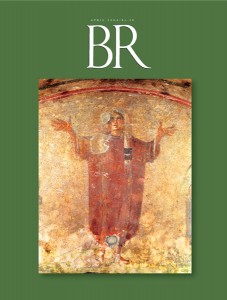Was Paul a Pro-Slavery Chauvinist?
Making sense of Paul’s seemingly mixed moral messages.

Paul has been accused of many things. He’s been called a chauvinist, a supporter of slavery, and, when it comes to children, an authoritarian. These accusations are usually based on readings (misreadings, I believe) of his ethical teachings in texts like Colossians (especially 3:18–4:1) or Ephesians (5:21–6:4) or, to a lesser degree, Philemon. Other scholars have been so perturbed by these passages that they have concluded that Paul could not possibly have written the letters (particularly Colossians and Ephesians).
There are numerous problems with this reasoning, not the least of which is that it fails to take into account the level of moral discourse found in each letter.
By levels of moral discourse I mean quite simply this: What one says to an intimate friend is likely to be more involved, direct and free than what one says to strangers. And what one says to a repeat audience may be more to the point than one’s opening salvo, but it still does not always include everything that one would like to say. I believe that Colossians, Ephesians and Philemon represent at least three different levels of moral discourse. The letters are thus not full of contradictions; they simply represent different degrees of frankness on Paul’s part.
Already a library member? Log in here.
Institution user? Log in with your IP address.

